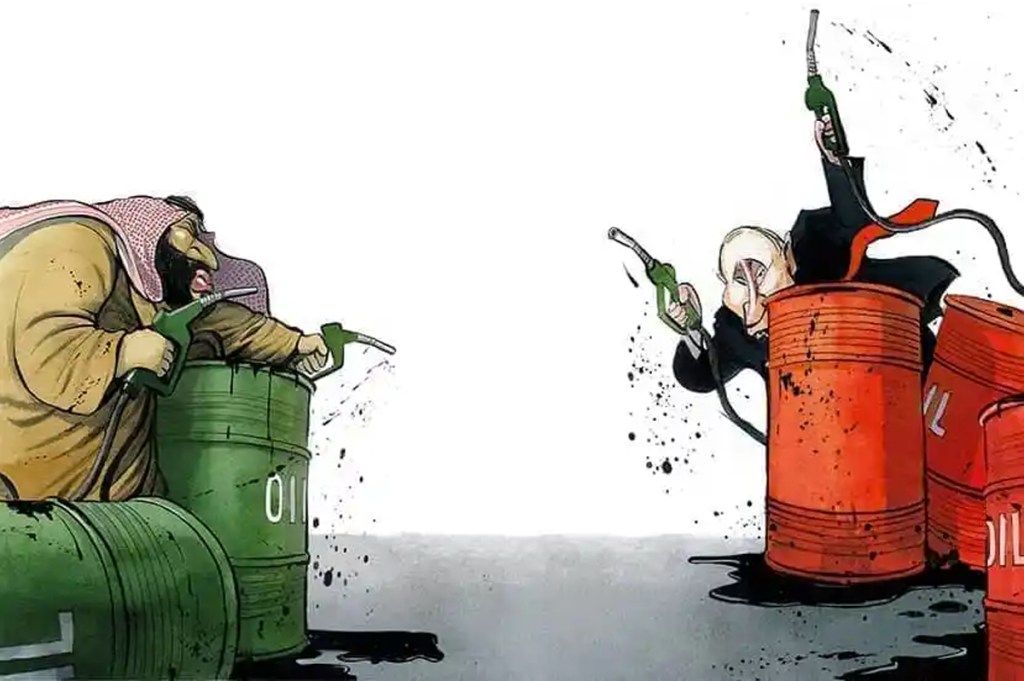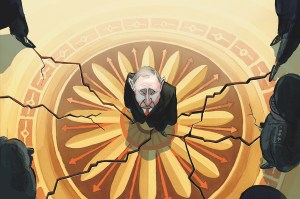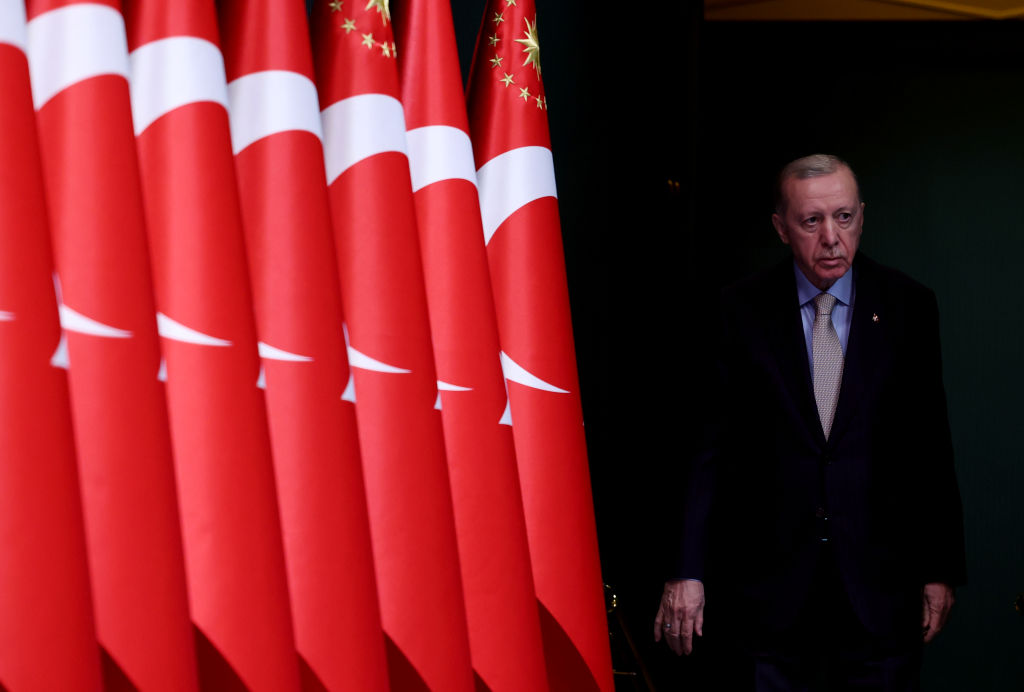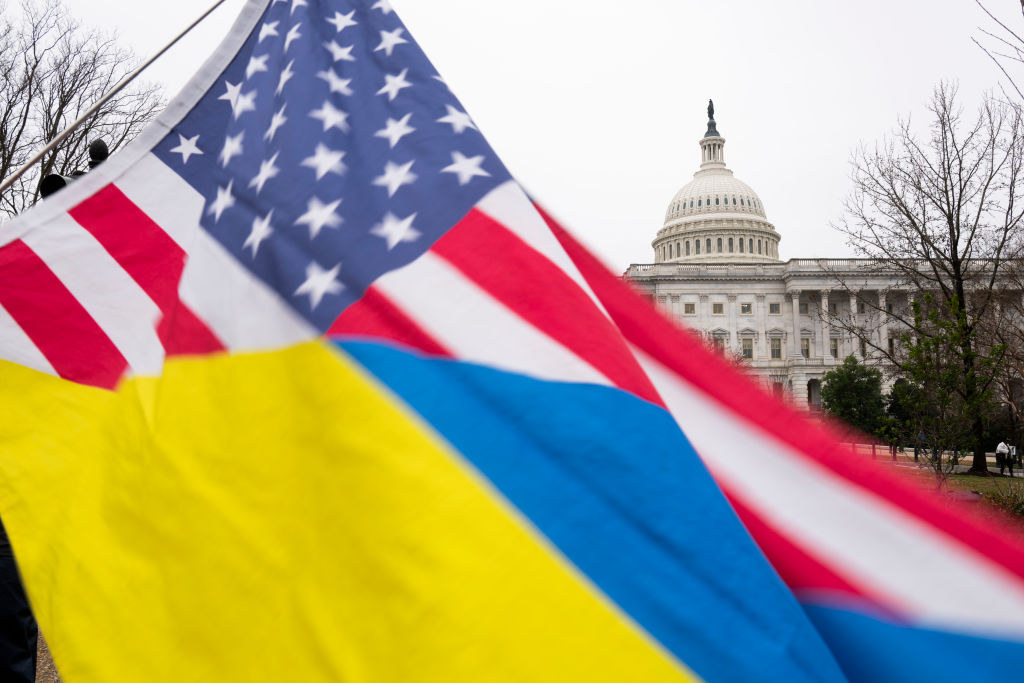As Russia frantically attempts to hold on to its territorial gains in the face of the much-anticipated Ukrainian counteroffensive, there are early signs that it is also failing to retain its diplomatic and foreign policy advances. The anti-Western energy alliances it had constructed around the world with many of the leading oil and gas producers, which had endured despite the invasion, are beginning to fracture. Its attempts to shutdown competitors to Russian oil and gas have proved futile.
It all went wrong so quickly for Russia. Back in 2016, the Organization of Petroleum Exporting Countries (OPEC) expanded to include Russia as part of OPEC+. The deal, painstakingly brokered by Saudi Arabia, was seen as a personal victory for de facto ruler Crown Prince Mohammed bin Salman (MbS). There was much talk of a “a new oil bromance” between MbS and Vladimir Putin.
After Russian tanks began rolling into Ukraine, OPEC+ has seemed totally in hoc to Russian policy priorities. With the Western world suffering under an economic crisis partially caused by spiking energy costs — and Putin’s regime dependent on high oil prices to fund its war effort — OPEC+ has repeatedly sided with Russia. It has done so by intervening to push oil prices higher through agreeing to significant cuts in production among its twenty-four members.
Yet at last week’s OPEC+ meeting, tensions began to emerge. Saudi officials have reportedly been growing increasingly annoyed that, rather than cut its oil output by 500,000 barrels a day as agreed at an OPEC+ meeting in April, Russia was instead flooding the market with discounted oil to fund its struggling economy and the “special military operation” it is steadily losing.
Russia’s goal, it seems, is to get OPEC members to push oil prices as high as possible so it can undercut them all below the capped level at which it is officially allowed to sell oil due to G7 restrictions. That strategy appears to be working for now: India and China are gorging on Russian crude at record rates, ignoring Western sanctions, and OPEC’s core members have been losing market share.
But this is a dangerous game for Russia. Its oil is expensive to produce and the supply glut it is creating is pushing down global oil prices, which at the weekend sunk below $70 a barrel. It could eventually see Russia selling oil at a significant loss, harming its ability to fund future military operations.
Crucially, such a short term and underhand approach is eroding confidence within OPEC+. Reports from the latest OPEC+ meeting in Vienna allege that the Saudi energy minister was “fed up with OPEC members not meeting oil output goals” and that he was seeking “more oil output transparency from Russia.” Translation: we don’t trust you anymore.
The potential long-term consequences for Putin of flagrantly double-crossing the world’s second largest oil producer could be dire. The precedent Russia is setting for a free-for-all within OPEC+, where several members including the United Arab Emirates are keen to increase production, may implode the very energy alliance that has so far been beneficial for it.
The second plank of Russia’s strategy, where it has sought to control key energy suppliers to Europe in a bid to prevent the EU seeking alternatives to Russian energy, is likewise falling flat. For over four years, a joint effort has been underway between Russia and its closest Middle Eastern ally, the UAE, to fund Wagner Group mercenaries aiding renegade Libyan general Khalifa Haftar in his bid to overthrow the official UN-backed government in Tripoli.
The success of their alliance would have effectively given Russia control over Libya’s significant oil and gas reserves. Instead, despite several unsuccessful coup attempts, Libya’s government of national unity still stands. It recently signed an $8 billion deal with Eni, an Italian energy company, to export gas to Europe via the Greenstream Pipeline.
Meanwhile, Algeria — a long-time ally with one of the most expansive relationships with Moscow in the region and the third largest buyer of Russian arms exports — chose economic growth and its own national interest over Russian foreign policy concerns. Earlier this year, it also signed a raft of deals with Italy’s Eni, with the aim for Italy to “become a platform for distribution of Algerian energy products in Europe,” helping the continent to wean itself off its dependence on Russian gas and oil.
Authoritarian regimes like Putin’s, subject to the whim of the leader and lacking the accountability of the liberal democracies he so derides, struggle to maintain their alliances over time as they are fundamentally untrustworthy and an unreliable partner. The gradual unravelling of Russia’s anti-Western energy network — and the disenchantment of its former allies due to the regime’s own duplicity — is a classic example. Putin is more isolated than ever.
This article was originally published on The Spectator’s UK website.

























